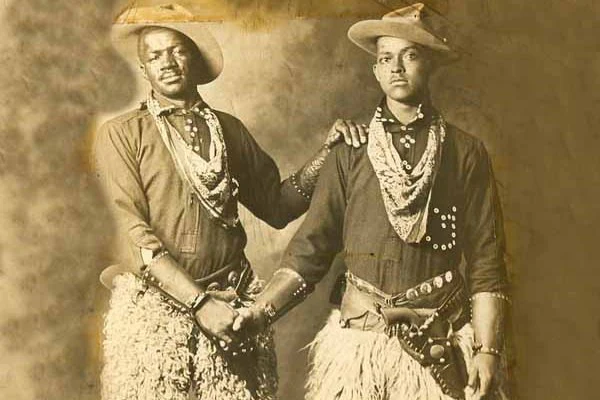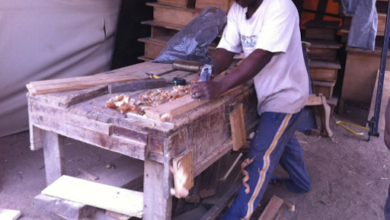Celebrating the Forgotten Trailblazers: The History of Black Cowboys in America
With jobs scarce in the aftermath of the war, cattle ranching presented an opportunity for economic advancement. Black men found work as cattle herders, drovers, wranglers, and even ranch owners in some cases.
The history of Black cowboys in America is a narrative often overshadowed by Hollywood stereotypes and historical oversights. However, their contributions to the development of the American West are significant and deserving of recognition. From the early days of cattle ranching to the iconic images of the Wild West, Black cowboys played a crucial role in shaping the frontier.
The story of Black cowboys begins during the era of the open range, following the Civil War. Many newly freed African Americans sought opportunities for employment and a chance to build a better life in the West. With jobs scarce in the aftermath of the war, cattle ranching presented an opportunity for economic advancement. Black men found work as cattle herders, drovers, wranglers, and even ranch owners in some cases.
One of the most renowned figures among Black cowboys is Nat Love, also known as “Deadwood Dick.” Born into slavery in Tennessee in 1854, Love eventually made his way to the frontier, where he found work as a cowboy. His memoir, “The Life and Adventures of Nat Love,” provides valuable insights into the experiences of Black cowboys during this period.

Black cowboys faced many challenges and injustices, including racism and discrimination. Despite these obstacles, they excelled in their roles as skilled horsemen and cowhands. They participated in cattle drives, helped build railroads, and played vital roles in the development of the American West.
During the late 19th and early 20th centuries, as the era of the open range gave way to fenced ranches and corporate cattle operations, the presence of Black cowboys began to decline. Discriminatory practices in hiring and social attitudes contributed to their marginalization in the cattle industry.
However, the legacy of Black cowboys lives on through their stories, folklore, and contributions to Western culture. In recent years, there has been a renewed interest in uncovering and celebrating their history. Organizations like the National Multicultural Western Heritage Museum in Fort Worth, Texas, work to preserve and promote the legacies of Black cowboys and cowgirls.
Today, Black cowboys continue to be active in rodeo events, ranching, and Western culture. Their resilience and determination serve as a testament to the enduring spirit of the American frontier and the diverse tapestry of the nation’s history. As we acknowledge the contributions of Black cowboys, we enrich our understanding of the American West and honor the individuals who helped shape its legacy.





